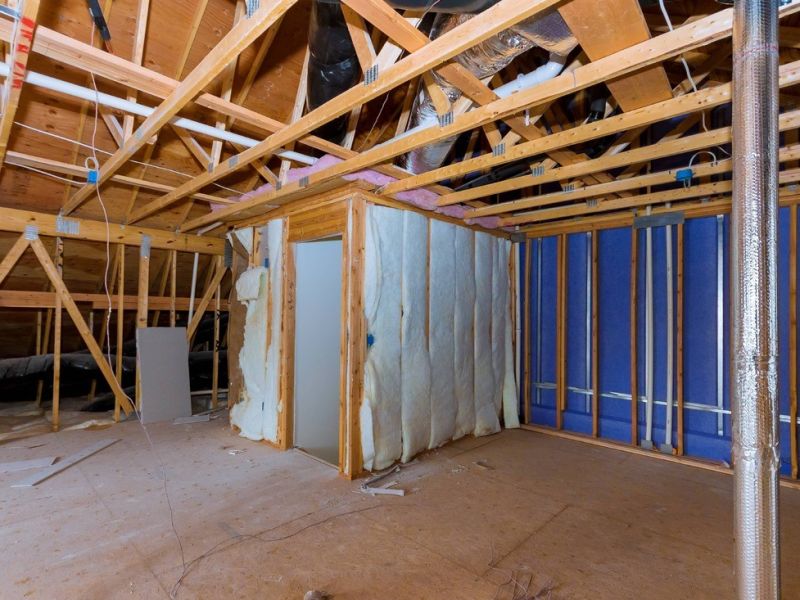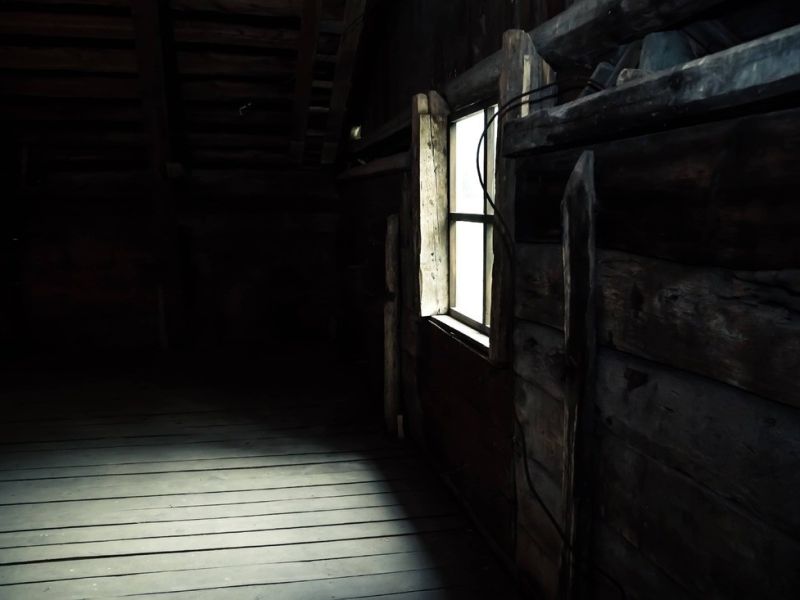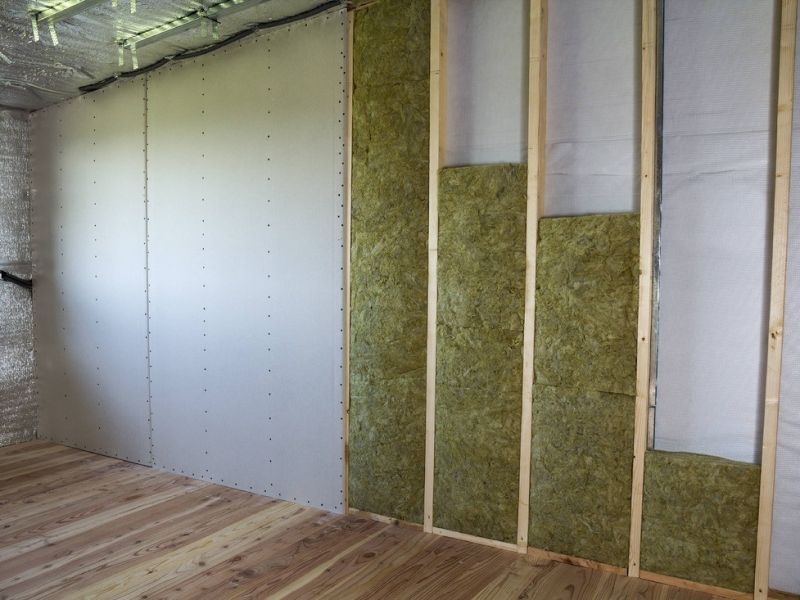
Attic Structural Reinforcement: Enhancing Safety and Stability in Your Attic
Attic structural reinforcement is a crucial aspect of maintaining the safety and stability of your home. A well-maintained attic not only protects your property but also ensures the well-being of everyone living in it. This comprehensive guide will provide you with valuable insights into the importance of attic structural reinforcement, common issues that may arise, and effective solutions to address them.
The Importance of Attic Structural Reinforcement

Attics are often overlooked when it comes to maintaining the structural integrity of a home. However, neglecting attic reinforcement can lead to various problems, such as compromised roof support, sagging ceilings, and even potential collapses. By reinforcing your attic structure, you can:
- Ensure the safety of your home and its occupants
- Prevent structural damage caused by heavy loads
- Extend the lifespan of your roof and attic
- Enhance energy efficiency by reducing air leaks
Attic structural reinforcement is particularly important in regions prone to extreme weather conditions, such as hurricanes or heavy snowfall. Reinforcing your attic can help it withstand these natural forces and protect your property from potential damage.
Common Attic Structural Issues
Before delving into the solutions, it’s essential to identify common attic structural issues:

- Sagging or uneven roofline: This is often caused by weakened rafters or improperly distributed loads.
- Bowing or bulging ceilings: Excessive weight or insufficient support can lead to these issues.
- Cracked or damaged trusses: Over time, trusses may deteriorate due to moisture, pests, or age.
- Insufficient cross-bracing: Inadequate cross-bracing can result in a weak and unstable attic structure.
- Rotting or damaged wood: Moisture and pests can cause wood beams and supports to degrade.
Addressing these issues promptly is crucial to prevent further damage and ensure the long-term stability of your attic.
Effective Solutions for Attic Structural Reinforcement
When it comes to reinforcing your attic structure, several techniques and solutions are commonly employed:
- Rafter Sistering: This involves adding new lumber alongside existing rafters to provide added support and stability.
- Installing Load-Bearing Beams: Load-bearing beams can redistribute weight and prevent bowing or sagging ceilings.
- Truss Repair or Replacement: Damaged or weakened trusses can be repaired or replaced to restore structural integrity.
- Adding Cross-Bracing: Proper cross-bracing can strengthen the attic structure and prevent unnecessary movement.
- Wood Replacement: Rotting or damaged wood components should be replaced to ensure the integrity of the attic.
It’s important to consult with a professional attic repair and restoration company like Houston Restoration Group for an accurate assessment of the structural issues and to determine the most suitable solution for your specific situation.
Attic Structural Reinforcement: A Long-Term Investment
Investing in attic structural reinforcement not only ensures the safety and stability of your home but also offers long-term benefits. By reinforcing your attic, you can:
- Increase the overall value of your property
- Enhance energy efficiency by reducing air leaks and improving insulation
- Prevent costly repairs due to structural damage
- Enjoy peace of mind, knowing that your home is structurally sound
Houston Restoration Group, a trusted name in attic repair and restoration, can provide professional assistance in assessing your attic’s structural needs and offer reliable solutions to reinforce its stability.
Why is attic structural reinforcement necessary?
What are the common attic structural issues?
Reinforcing your attic structure is a significant investment in the safety and stability of your home. Trust Houston Restoration Group for professional attic repair and restoration services to ensure the longevity of your attic and peace of mind for you and your family.
For more information about attic repair, restoration, and other related services, visit Houston Restoration Group.
